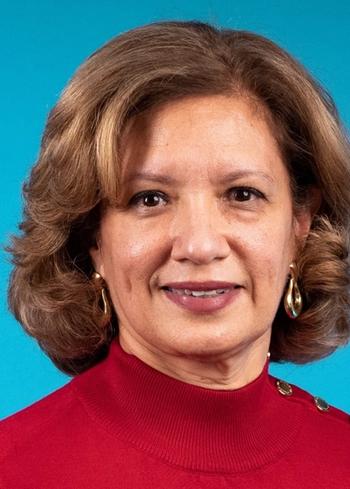
Very Young Pediatric Cancer Patients Suffer Motor, Language Deficits
Children diagnosed with non-central nervous system cancers at a very young age tend to reach some neurodevelopmental milestones later than healthy children, according to a new study.
Children diagnosed with non–central nervous system cancers at a very young age tend to reach some neurodevelopmental milestones later than healthy children, according to a
Very young cancer patients suffer from deficits in motor and language development
Marc H. Bornstein, PhD, of the Eunice Kennedy Shriver National Institute of Child Health and Human Development in Bethesda, Maryland, and colleagues conducted a prospective study of 61 children diagnosed with non-CMS cancers at or before the age of 42 months, along with 61 matched controls; all cancer patients were treated with chemotherapy at the pediatric onco-hematologic clinic of the University of Padua in Italy.
“The paucity of data on very young children with cancer is striking because the first years of life constitute a crucial developmental period when the brain grows in size and capacity as the young child rapidly acquires new competencies and skills,” the authors write. “Adverse early biological and environmental experiences are known to exert dramatic influences over the emergence and ontogeny of brain structure and function.”
The cancer patients had an average age of 18.99 months at diagnosis. More than half the patients had a diagnosis of acute lymphoblastic leukemia (ALL), followed in frequency by neuroblastoma, acute myeloid leukemia, and others. The investigators used a number of assessments to test neurodevelopment of both patients and matched controls.
To test motor and mental function they used the Bayley Scales of Infant Development-Second Edition (BSID-II). Children with cancer scored one-half to one standard deviation below test norms for the motor (P < .001) and mental (P < .01) scales, while healthy children scored well above test norms. Further, the cancer patients scored significantly lower than the control patients on both the motor and mental scales.
Children with cancer also performed worse than healthy children on BSID-II language items, but not on the MacArthur Communicative Development Inventory, a maternal report of child communicative abilities. The study found no significant differences, however, with regard to measures of emotional relationships. Children with cancer and their mothers did score lower on every emotional relationship scale measured, but none of these reached significance.
“Every child’s experience is different. Some were nearly on target for achieving milestones, some were far behind,” Dr. Bornstein said in a press release. “The key message, however, is that parents and health care professionals should realize that such delays are a real potential, and they should be factored into decisions on the care a child receives." This study was not designed to clearly assess exactly why such development deficits occur in cancer patients, but a number of possibilities are still on the table, from broad social issues for cancer patients to lingering effects of chemotherapy or hospitalization.
The authors noted that addressing developmental failures and deficits could keep them from worsening. And addressing such issues early on, even before cancer treatment is completed, could be particularly beneficial. The researchers write that they plan to follow these children as they get older, hopefully to eventually “discern which factors predict which enduring child neuropsychological outcomes and therefore constitute candidates for prevention or intervention.”
References
1. Bornstein MH, Scrimin S, Putnick DL, et al. Neurodevelopmental Functioning in Very Young Children Undergoing Treatment for Non-CNS Cancers. J Pediatr Psychol. 2012;Feb 2 [epub ahead of print].
Newsletter
Stay up to date on recent advances in the multidisciplinary approach to cancer.




































